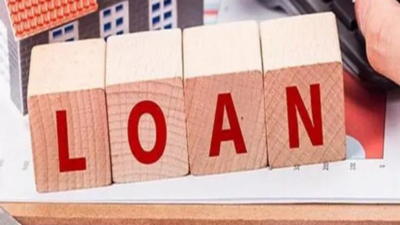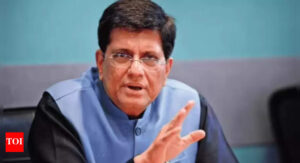
Non-performing assets (NPAs) in India’s banking sector may inch up in the first half of FY26, driven by growing stress in the retail loan segment — especially unsecured personal and microfinance loans, according to a report released by CareEdge Ratings on Friday.The report estimates that the Gross NPA (GNPA) ratio for Scheduled Commercial Banks (SCBs) could rise marginally from 2.3 per cent at the end of FY25 to 2.3–2.4 per cent by the end of FY26. “With the personal loans segment facing stress, especially unsecured personal and microfinance loans, the overall fresh slippages are expected to rise,” the agency said as quoted by ANI.This potential reversal follows years of consistent improvement in asset quality. Since March 2019, the GNPA ratio has steadily declined, helped by regulatory relief during the pandemic such as loan moratoriums and NPA recognition forbearance. The ratio improved further in FY25, reaching 2.3 per cent by the end of Q4, driven by recoveries, higher write-offs, and lower slippages across bank groups.Private sector banks (PVBs), however, continued to record higher slippage ratios than public sector banks (PSBs), mainly due to increased NPA formation from unsecured lending to individuals and small businesses. While retail and services sectors have shown improvement — with GNPA in services falling to 2.3 per cent in December 2024 from 7.2 per cent in March 2020 — retail NPAs remain a concern, especially in education loans and credit card dues.CareEdge also highlighted a structural shift in India’s credit landscape, with banks leaning more toward retail lending amid falling corporate credit demand, corporate deleveraging, and the availability of alternative funding options. As of December 2024, household debt stood at 42.1 per cent of GDP, relatively low by global standards but rising steadily.While asset quality remains broadly healthy, the agency warned that continued pressure from unsecured retail lending could result in more fresh slippages and slower recoveries in the coming quarters














